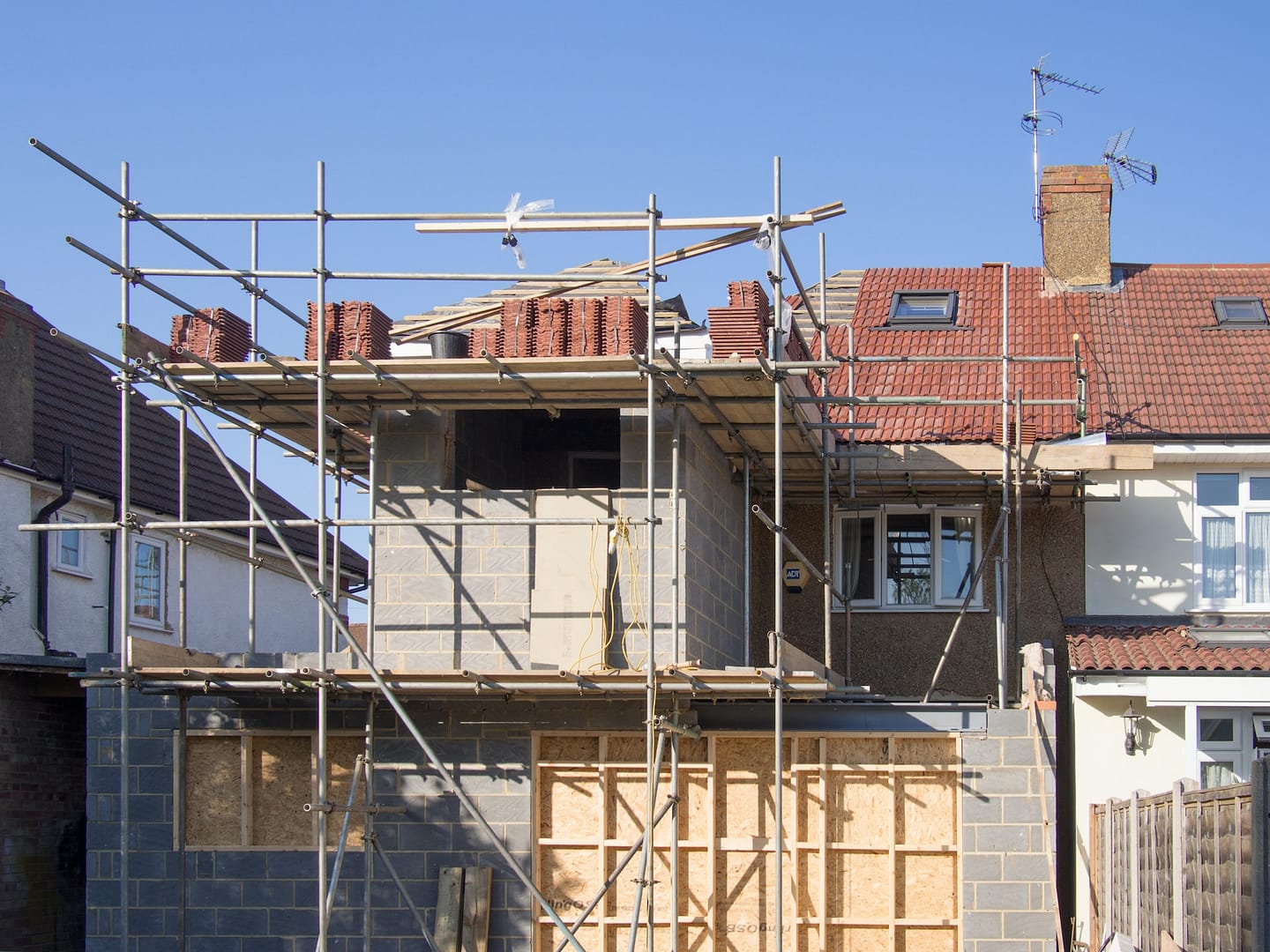Housing disrepair issues can be a significant source of frustration and inconvenience for tenants. When faced with problems such as leaks, faulty plumbing, or crumbling walls, it’s crucial to understand the criteria for housing disrepair claims and how they work. In this article, we will explore the common housing disrepair issues that tenants often encounter, shed light on the criteria for filing claims, and provide insights into the process of resolving such issues. We will also explore your possibility of making a housing disrepair claim.
The Importance of Recognizing Common Housing Disrepair Issues
Living in a comfortable and well-maintained home is essential for everyone’s well-being. Unfortunately, some tenants find themselves in properties that suffer from various disrepair problems. These issues can range from minor inconveniences to more severe hazards that impact residents’ health and safety.
Identifying the Common Housing Disrepair Issues
To understand the criteria for housing disrepair claims, let’s first explore some of the most prevalent issues tenants may encounter:
Damp and Mould
Dampness and mould growth can arise from leaks, poor insulation, or inadequate ventilation. These conditions not only cause an unpleasant living environment but can also lead to respiratory problems and allergies.
Structural Defects
Cracks in walls, unstable foundations, or sagging ceilings are examples of structural defects that can pose risks to occupants. These issues can compromise the stability and integrity of the property, potentially endangering those living within it.
Faulty Plumbing
Blocked drains, leaking pipes, or malfunctioning toilets can disrupt daily routines and cause water damage to the property. Prolonged exposure to damp conditions resulting from plumbing issues can also lead to mould growth.
Electrical Problems
Faulty wiring, malfunctioning sockets, or inadequate electrical installations can pose fire hazards and cause power outages. Addressing electrical issues promptly is crucial to ensure the safety of residents.
Inadequate Heating and Insulation
Poor heating systems or inadequate insulation can result in cold and uncomfortable living conditions, particularly during colder months. This can lead to health issues, especially for vulnerable individuals such as the elderly or those with underlying health conditions.
The Criteria for Housing Disrepair Claims
When faced with one or more of these common housing disrepair issues, tenants may be eligible to file a housing disrepair claim. To determine if a claim is valid, certain criteria must be met:
Notifying the Landlord
Tenants must inform their landlord or property management company about the disrepair issues promptly. It’s crucial to do so in writing, keeping a record of all correspondences for future reference.
Reasonable Timeframe
Landlords should be given a reasonable amount of time to rectify the issues. The specific timeframe may vary depending on the severity of the disrepair. If the landlord fails to address the problem within a reasonable period, tenants may proceed with a claim.
Proving Responsibility
To establish a valid claim, tenants must demonstrate that the disrepair issues are the responsibility of the landlord or property owner. This can be done by providing evidence, such as photographs, maintenance records, or expert reports.
Evidence of Damage or Inconvenience
It’s essential to gather evidence of the damage caused or the inconvenience experienced as a result of the disrepair. This may include photographs, medical records for health-related issues, or invoices for any expenses incurred.
How Disrepair Claims Work
Once the criteria for a housing disrepair claim are met, tenants can begin the process of seeking a resolution. Here is an overview of how disrepair claims typically work:
Seek Legal Guidance
Before proceeding with a claim, tenants are advised to seek legal guidance from us at National Claims, where we specialise in housing disrepair cases. We can guide tenants through the process and provide assistance in gathering the necessary evidence. We will also walk you through the claims process.
Negotiation or Mediation
In many cases, landlords and tenants can reach a resolution through negotiation or mediation. This involves discussing the issues and potential remedies to reach a mutually agreeable solution.
Potential Remedies
If the tenant’s claim is successful, the court may award various remedies, such as compensation for damages, an order for repairs to be carried out, or a reduction in rent until the issues are resolved.

How much compensation for housing disrepair?
Curious about the compensation you might be eligible for due to housing disrepair? Fill out one of our claims forms, available on our website.
Conclusion
Addressing common housing disrepair issues is vital for tenants’ well-being and quality of life. By understanding the criteria for housing disrepair claims and the process involved, tenants can assert their rights and seek appropriate remedies. Promptly notifying the landlord, documenting the issues, seeking legal guidance, and following the necessary steps will strengthen your claim. Remember, a safe, comfortable, and well-maintained home is a fundamental right, and tenants should take the necessary actions to ensure their living conditions meet the required standards.
Contact us today to start your claim and to learn more about how we deal with housing disrepair claims.
Click below to see why we are one of the most trusted claims management companies in the UK.

We’re proud of our excellent customer reviews
We thrive on delivering exceptional service and ensuring our clients’ satisfaction. Don’t just take our word for it. Check out some of our independent reviews to see what our clients have to say.
Excellent

This firm is excellent, they sorted out my car pay out and injury claim very fast, they always communicate with you all the time.

My accident case was dealt with confidence and with great result of the outcome, especially James kept me informed all the time.

I was very impressed at the way my inquiry was treated. I was listened to attentively and everything I needed to know was explained to me.






